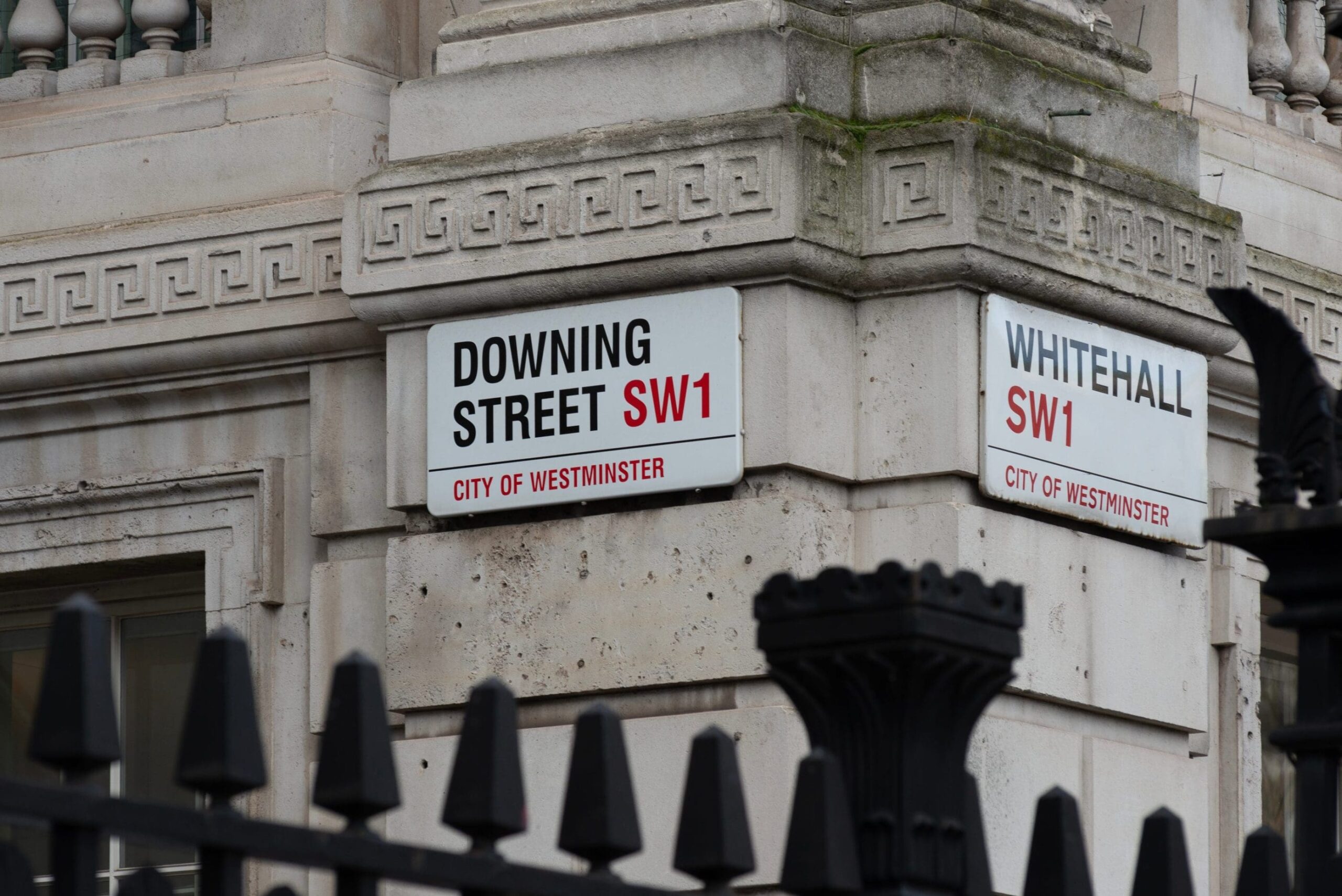The time has come. After months of speculation about when Rishi Sunak would call the General Election, July 4 was named last month as the day the nation will decide what happens next.
The key talking points, campaigns and pledges will centre on the economy, immigration, the NHS – but what will matter most to the business community? Hard hit over the past few years by the pandemic, rising energy costs and an inflation rate that rose sharply but is now, fortunately, back to its lowest level in three years, business owners have had a lot to deal with.
So what would local businesses like to hear when the parties send out their message to the country?
 Stephen Watts, Managing Partner at TC Group in Northampton, said:
Stephen Watts, Managing Partner at TC Group in Northampton, said:
“Any incoming government should build on the recent positive news on the economic front not least with the UK seeing the fastest growth in two years, outperforming France, Germany and the US as well as real wages accelerating faster than any time in the previous 16 years. A strong economy is imperative to enable tax cuts for individuals and businesses, which will help stimulate further economic growth.
“The new government must recognise the important role the private sector and SMEs play in leading innova- tion, job creation and wealth creation in the country and government policies should incentivise and reward entre- preneurism, not discourage and prevent it.
“We don’t need any more red tape either, especially in relation to the labour market. The UK already has one of the most flexible labour markets in the world and any government should think twice before implementing any policies that reduce flexibility and make it more costly to hire people. They should also look at the effectiveness of the visa scheme, as one of the most common constraints to business growth is a skills shortage. Businesses prefer small government to big government.
“Finally, at the top of the to-do list should be to make HMRC more accountable and drive-up service levels as continued poor service is having a real impact on SMEs which is totally unacceptable.”
Justin Richardson, CEO of Bedfordshire Chamber of Commerce, said:
“With a fairly short election campaign, our political parties need to focus on what matters most to businesses – the key drivers of our economy.
“I think the whole of the Bedfordshire business community will be looking for the political parties to prioritise the issues that are hindering growth, such as skills shortages, an unfair business rates system, infrastructure planning and safeguarding international supply chains.
“Delivering a long-term, stable industrial strategy that works for all parts of the country is essential to unlock productivity and economic growth.”
Danny Roberts, Managing Partner at DFA Law, said:
“Elections can often cause uncertainty to the public, and the housing sector in particular, which has been anything but steady since 2020, may be directly affected in the run up to July.
“It is perhaps a strange time to hold an election with inflation again falling – why not wait so see if it falls further? Money in pockets is often the biggest incentive to voters.
“Labour appear to be strong favourites to get the keys to Number 10 and it will be interesting to see how the anticipated higher taxes impact the UK economy generally and how the big corporates react.”
Charlotte Anderson, Practice Leader at Grant Thornton UK, outlined how mid-market business optimism is currently faring and what business leaders in our regions are saying they most need from a future government.
“As parties start to lobby for votes in the run up to July 4, the policy areas mid-sized businesses (often regarded as the engine of the UK economy) most want to see the next government focus on are investment in skills and training, reducing regulation and red tape, and measures to support the transition to net zero.
“Drawing from Grant Thornton’s April Business Outlook Tracker, it’s clear that mid-sized businesses are feeling more positive than they have for some time. The indicators for business confidence in the outlook of the UK economy and for their own revenue growth and funding position all surpass the Tracker’s rolling average for the last three years.
“This optimism follows a period of record lows in the latter half of 2023, signifying renewed confidence in the UK’s economy.
“With inflation now reported at 2.3%, its lowest level for nearly three years, it is perhaps close enough to the Bank of England’s target of 2% that a June interest rate cut may be on the cards. This positive outlook sets the stage for continued business confidence as the country prepares to head to the polls.
“However, the process of a General Election and the associated range of potential policy changes suggested can create uncertainty and directly affect business sentiment and confidence. We’ve seen from our Business Outlook Tracker that wherever there is a sudden, or unexpected, change in policy direction, mid-market confidence is correspondingly affected. But with UK debt levels high and recent warnings from the OECD for fiscal prudence in any election pledges, there may be less opportunity for the political parties to put forward differentiating, stand-out economic policies, reducing the uncertainty created this time compared to previous elections.”
Jennifer Thomas, Development Manager, Leicestershire, Northamptonshire & Rutland Federation of Small Businesses said:
“Small business owners and self-employed people across the county will be looking for who puts forward the most pro-growth, pro-business policies to stimulate the economy and encourage entrepreneurship. We’ll be hoping that our 2,000 members in Northamptonshire cast their votes to ensure the small business voice is heard loud and clear.
“With almost 54,000 self-employed people and 33,800 SMEs in Northamptonshire, small businesses form a strong and motivated section of the electorate and candidates take them for granted at their peril. We need to see practical and convincing small business sup- port pledges around bringing down the cost of doing business, and to create the right conditions for businesses to start, thrive and grow.”













